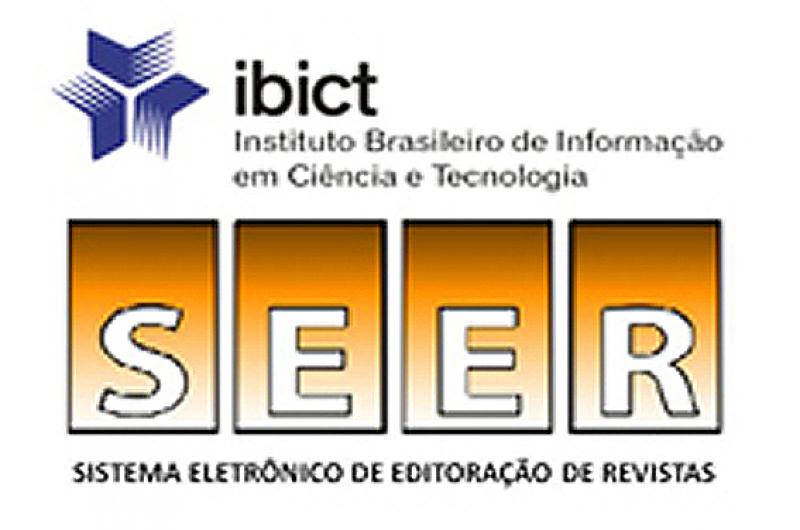Study of the performance of using electrolytic technology in the treatment of domestic effluents.
Uma revisão sistemática da literatura
Visualizações: 260DOI:
https://doi.org/10.31416/rsdv.v12i3.952Keywords:
Electrocoagulation, Residual waters, Water treatmentAbstract
A The need to minimize environmental impacts caused by the release of untreated effluents in an unsuitable region is one of the main environmental challenges in the 21st century. In this scenario, it is necessary to develop and improve new technologies that make it possible to reduce polluting power, at a low cost. Electrocoagulation (EC) can be used as a means of treating domestic effluents, as they have the ability to degrade, either partially or completely, molecules that cannot be degraded naturally, by obtaining the ability to eliminate various pollutants, including pathogens, organic compounds and heavy metals. Therefore, this work aims to carry out a brief bibliographical review, analyzing the electrolytic technology method, through scientific articles on the subject. As a result, it was possible to understand that electrocoagulation technology has a positive performance and can be used in residual waters processes without causing impacts on the environment due to the lack of addition of chemical coagulants.
Downloads
Published
How to Cite
Issue
Section
License
Copyright (c) 2024 Revista Semiárido De Visu

This work is licensed under a Creative Commons Attribution 4.0 International License.















